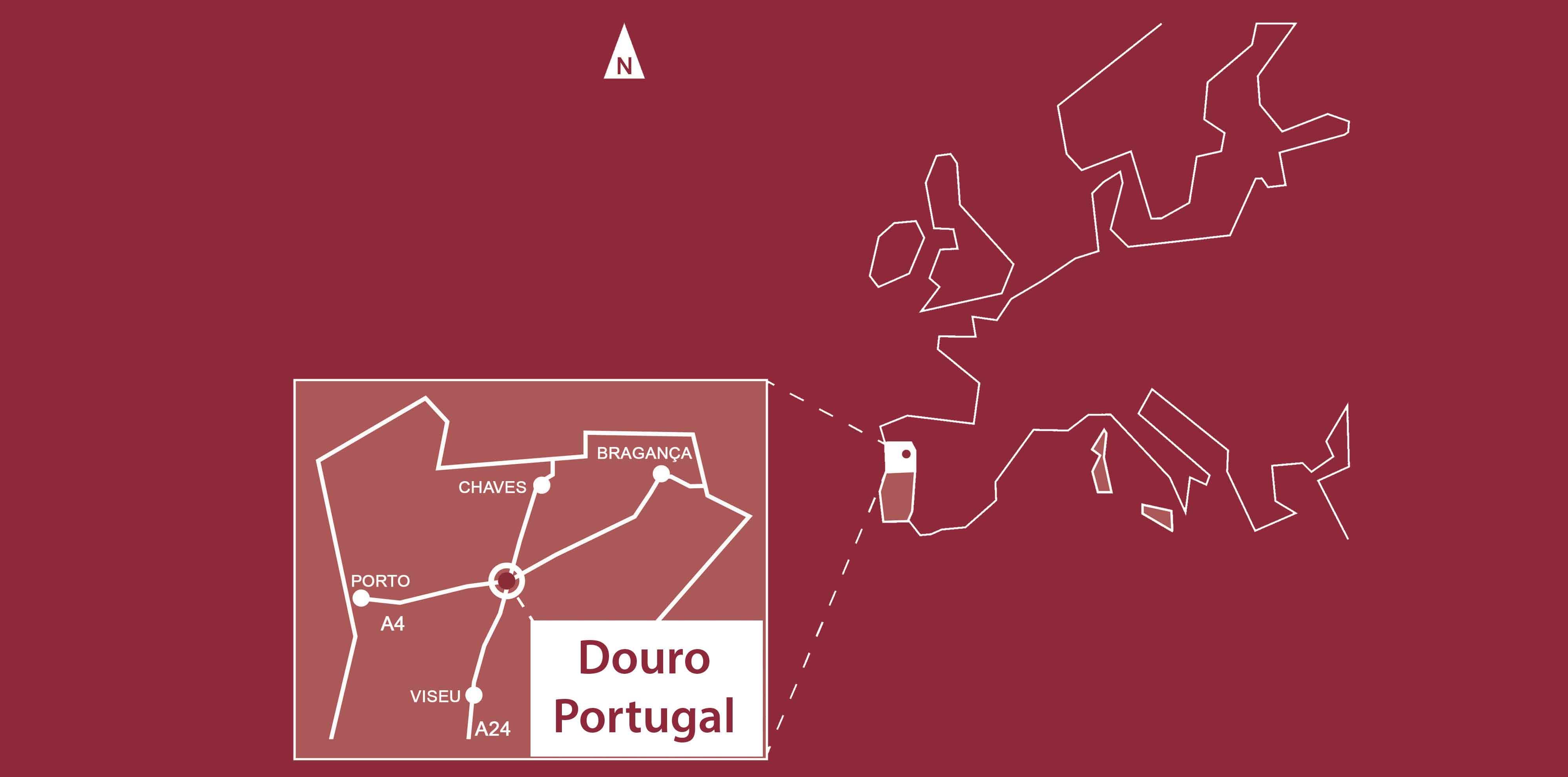SHORT DESCRIPTION
The present project intends to bridge the existent gap between the potentialities of Douro and its current level of development, maximizing the role of tourism in promoting the local economy, under a systemic and holistic perspective. To this end, the region must offer unique services intended to differentiate itself from similar destinations and promote competitive advantages, meeting the needs and expectations of tourists who are increasingly demanding, well-informed and have a variety of alternative destinations from which to choose. Strengthened by a marked technological component, this project aims to promote a greater and more sustainable convergence between the market’s supply and demand.
Bearing in mind the established premises, a number of key questions to guide the development of the project was defined:
- Which tourism products and services does the Douro region currently offer?
- What is the current and the potential demand of the Douro region?
- What type of interaction currently exist between visitors and local community?
- What is the marketing strategy to portrait the region as a tourism destination?
- To what extent new technologies are used by Douro tour operators/agents?
Furthermore, creative tourism is established as a central product, along with digital marketing, regarding the renewal, coordination, diversification and communication of the tourist offer in the region. At the same time this technologically-based innovation, conveniently adequate to the context in which the region is integrated and to the current and potential visitors’ profile, aims to contribute to the Douro’s tourism development.
As such, the aims and priorities of the present project fully meet the challenges of building smart regional strategies outlined in the Horizon 2020 programme. In addition to Horizon 2020’s smart growth dimension (wealth creation supported by knowledge, education/training and research), the project aims to promote growth that is both inclusive (via local development and employment creation, leading to poverty alleviation and greater social cohesion) and sustainable (by applying new technologies in the environmental, energy and related spheres).
This three-year project (from February 2016 until February 2019) will be undertaken and coordinated by CETRAD, a research center with a substantial and long-term involvement in tourism research and in the development of technology-based solutions for the renewal and reinvention of tourist destinations.
The project I&D DOUROTUR – Tourism and technological innovation in the Douro, No. of operation NORTE-01-0145-FEDER-000014, is co-financed by the Fundo Europeu de Desenvolvimento Regional (FEDER), through NORTE 2020 (Operational Regional Program of North 2014/2020).

The University of Trás-os-Montes and Alto Douro (UTAD) is situated in Portugal’s North region, more specifically in Vila Real, assuming an important role for the development of the area. UTAD is recognized as a reference in the Portuguese university system, taking the 12th place among 110 Portuguese universities evaluated by the ranking Webometrics in 2016 (http://www.webometrics.info/en/Europe/Portugal). The identity of UTAD is closely linked to the rural and agrarian territory of Trás-os-Montes and Alto Douro. The agriculture, the vineyard and the wine are some of its symbols. In addition, Vila Real represents the entrance of the Douro, region that was declared by UNESCO as a World Heritage site.
UTAD is organized in 5 different schools, among which is the School of Social Sciences and Humanistic (Escola de Ciências Humanas e Sociais (ECHS)), that comprehends the Department of Economy, Sociology and Management (Departamento de Economia, Sociologia e Management (DESG)). This unity intends to contribute to activities related to education, scientific research, knowledge and specialized services (ECHS’ regulation). Regarding scientific research, DESG is associated to the Centre of Transdisciplinary Studies for the Development (Centro de Estudos Transdisciplinares para o Desenvolvimento (CETRAD)), certified by the Foundation of Science and Technology (Fundação de Ciência e Tecnologia (FCT)) with a “VERY GOOD” .
__________
CETRAD (http://www.cetrad.utad.pt) is a development-focused research centre, based in social sciences, that forms an integral part of the University of Trás-os-Montes and Alto Douro (UTAD), Vila Real, Portugal. It was created on May 2nd, 2002 by researchers from UTAD’s Department of Economics, Sociology & Management (DESG) and currently is composed by 86 researchers with PhDs , drawn mainly from UTAD, complemented by a significant contingent of historians, archeologists and other specialists in heritage and tourism studies from the University Institute of Maia (ISMAI). CETRAD staff exhibit a wide diversity of initial disciplinary training and subsequent research specialisations, with sociology, social work, economics, management, applied agricultural sciences, history, archeology and anthropology predominating. It is this diversity that not only defines CETRAD’s originality, but also sustains inter and multidisciplinary research, feeding the evolution of transdisciplinary methodologies that aim to identify solutions to key problems regarding territorial, socio-economic, cultural and organisational development, focusing primarily on less-favoured territories that are predominantly rural and have low population-densities.
The core objectives of CETRAD are: (1) to encourage the inter- and multi-disciplinary construction of coherent and innovative research methodologies, capable of contributing to the solution of key problems of socio-economic and cultural development, in organisations of all kinds, and in local, regional, national, trans-border and international contexts; (2) to promote advanced-level academic training in development studies, (3) to place the knowledge, creativity and skills generated by its projects at the disposal of the wider community; and (4) to promote stakeholder participation throughout the project cycle.
CETRAD is financed on a pluri-annual basis by European Structural and Investment Funds, in its component FEDER through the Operational Programme for Competitive Factors (COMPETE 2020) [Project No. 006971 (UID/SOC/04011)]; and by national funds through FCT – Fundação para a Ciência e a Tecnologia, in the context of the project UID/SOC/04011/2013
